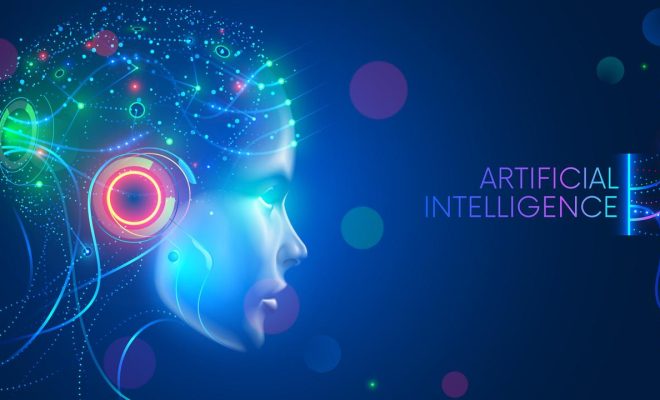AI Poses Major Societal Risks, Say Industry Leaders

In recent years, artificial intelligence (AI) has taken center stage in technological advancements, with major breakthroughs in areas such as healthcare, finance, and scientific research. However, prominent industry leaders are increasingly sounding the alarm about the potential dangers and societal risks that AI advancements pose.
Elon Musk, CEO of Tesla and SpaceX, has been a particularly vocal proponent of caution when it comes to AI. He believes that uncontrolled growth in AI capabilities could result in automated weapons systems beyond human control, exacerbating global security threats.
Similarly, numerous experts in the field have raised concerns about biased algorithms leading to unfair outcomes in key sectors like employment and criminal justice. As machine learning algorithms base their decisions on historical data, outdated prejudices and assumptions can inadvertently be perpetuated. Many argue that regulations must be implemented to safeguard against these biases.
Another contentious issue surrounding AI is the inevitability of job displacement. Automation threatens to replace millions of jobs worldwide, particularly in industries such as manufacturing. While optimists argue that new jobs will emerge to mitigate this loss, others maintain that a profound societal shift toward reskilling and job reorientation is required to avoid major disturbances to the workforce.
Furthermore, AI’s growing capacity for facial recognition and surveillance has raised concerns over personal privacy and potential abuses of power by authoritarian governments. Reports indicate that some countries are actively deploying AI-driven surveillance technologies to monitor citizens without their consent or knowledge.
To promote ethical AI development and avoid catastrophic consequences, industry leaders and policymakers are calling for increased collaboration between governments, academia, and private institutions. By fostering interdisciplinary dialogue and investing in collective research initiatives, they aim to guide AI innovations towards socially responsible outcomes.
Microsoft’s Bill Gates has urged governments across the world to collaborate in regulating AI advancements and establishing international norms in areas like data privacy and cybersecurity. He has also argued for investments into public education systems to equip future generations with digital skills necessary to thrive in a rapidly evolving digital landscape.
In conclusion, AI promises immense potential in improving the quality of life across multiple sectors. Nevertheless, industry leaders’ warnings must be heeded, and preemptive measures taken to counter the societal risks posed by unchecked AI advancements. Establishing effective policy frameworks and promoting ethical AI development will be crucial in ensuring that artificial intelligence serves to enhance human lives rather than jeopardize them.






